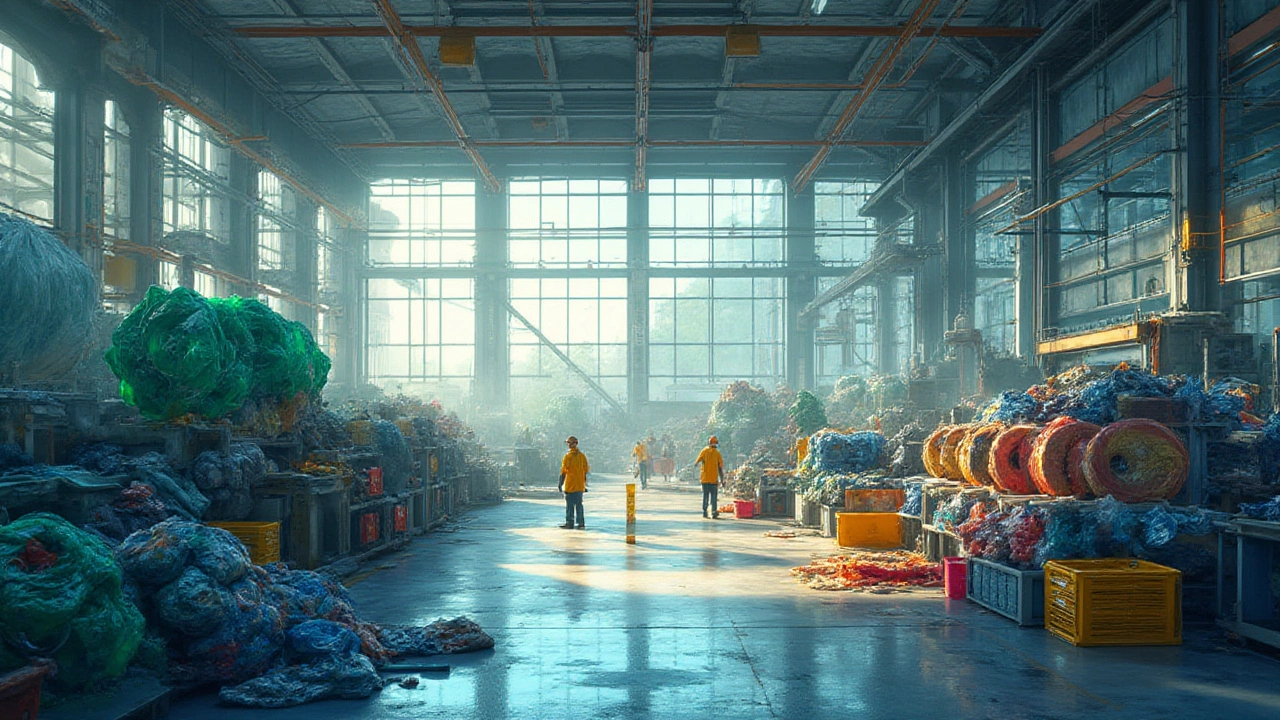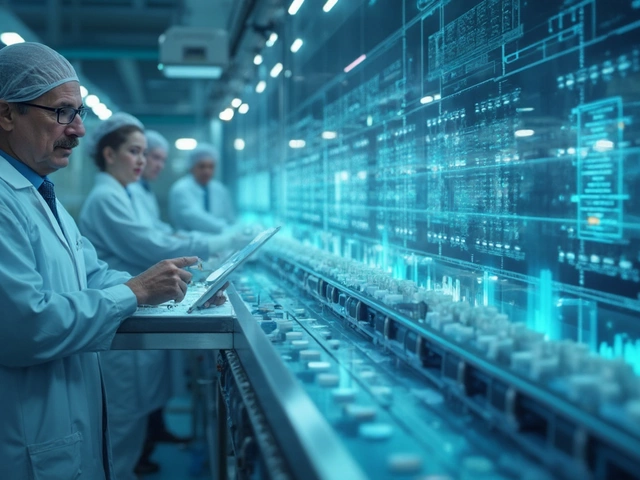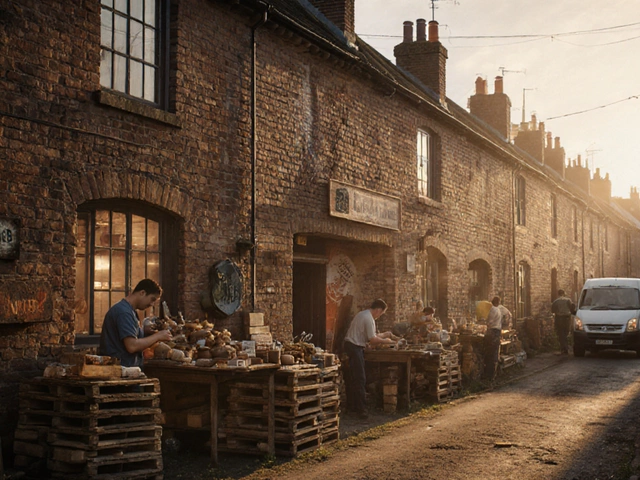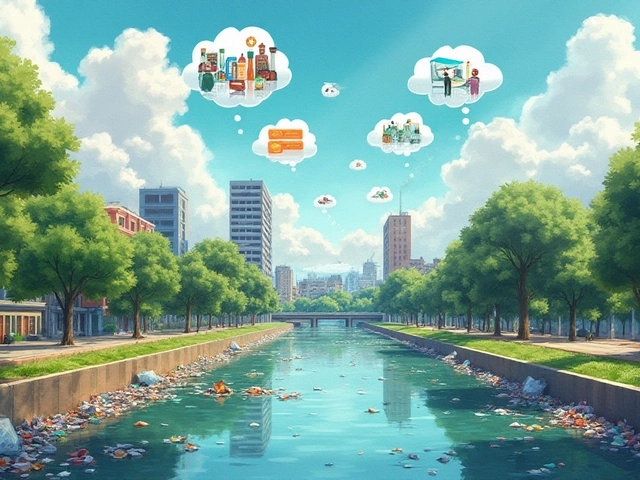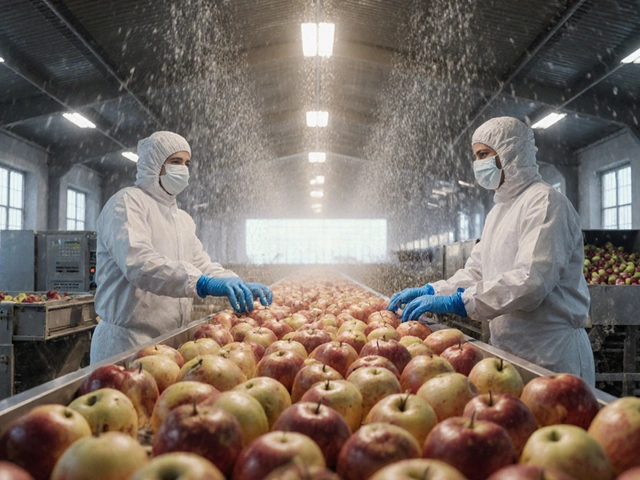Think about it—plastic isn’t just in your water bottle or phone case. It’s in your car, the chair you might be sitting on, your headphones, medical supplies, even airplane interiors. But when it comes to picking the best company for plastic—whether you need tons for your business or just want to know who’s making the stuff that shapes the world—it’s not as simple as grabbing the first name you find on Google. From billion-dollar giants churning out tons each year, to specialized companies creating eco-friendly polymers, the plastic industry is bursting with options. But some companies truly stand above the rest, both in quality and innovation.
The Biggest Names in Plastic Manufacturing
First, let’s get clear on what we mean by "best." Are we talking about size, reputation, innovation, or how eco-friendly their products are? The giants of the plastics world mostly come from the U.S., Europe, Japan, and the Middle East. For decades, companies like Dow, SABIC, ExxonMobil, LyondellBasell, and BASF have been the heavy hitters.
Take Dow—founded over 120 years ago, they’re among the most recognizable names in the business. According to their 2024 annual report, Dow delivered more than 54 billion pounds of plastic and chemical products worldwide last year. Their plastics division supplies everything from food packaging films to pipes, automotive parts, and medical materials.
SABIC, based in Saudi Arabia, is another powerhouse. With over 30,000 employees and annual revenues around $38 billion, they’re one of the world’s largest producers of polyethylene and polypropylene—two plastic types found in everything from Tupperware to car bumpers. They’ve made headlines lately for their push into recycled plastics and bio-based polymers, aiming for 1 million tons of circular products annually by 2030.
ExxonMobil Chemical might be known for oil, but their plastic division is gigantic. They produce high-performance polymers used in diapers (super absorbent, really!), detergent bottles, and medical components. Their 2024 investment in advanced recycling brought in 90,000 metric tons of plastic waste for reprocessing—a figure expected to double by 2026.
BASF, from Germany, stands out for sheer range. One fact: they supply almost every type of plastic resin you can name, from engineering plastics for cars to eco-friendly bioplastics. In 2023, their bioplastics division achieved year-on-year sales growth of 16%. They've specialized in collaborating with auto, electronics, and furniture manufacturers, tailoring properties like strength and lightness for specific needs.
Here’s a quick comparison:
| Company | Headquarters | 2024 Revenue (USD Billion) | Key Products | Green Initiatives |
|---|---|---|---|---|
| Dow | USA | 45.6 | Polyethylene, packaging, films | Advanced recycling, reduced emissions |
| SABIC | Saudi Arabia | 38.1 | PE, PP, specialty polymers | Bio-based, recycled plastics |
| ExxonMobil Chemical | USA | 33.7 | PE, PP, high-performance plastics | Plastic waste recycling |
| BASF | Germany | 27.5 | Engineering plastics, bioplastics | Biodegradable, compostable plastics |
| LyondellBasell | Netherlands/USA | 32.0 | PP, PE, automotive, pipes | Mechanical, chemical recycling |
Region matters, too. In India, Reliance Industries and Supreme Industries are leaders. Reliance is the world’s largest producer of polyester fiber and a key player in PET and other resins. Supreme Industries, meanwhile, has built its brand on reliable piping, sheets, and industrial plastic components. In China, Sinopec and PetroChina run massive plants producing plastic for global export, including high-tech resins for electronics and automotive.
Keep this in mind: "biggest" doesn’t always mean "best for you." Those massive multinationals often serve giant clients and may not offer the personalized support you’d get from a smaller, more specialized player. If you need small batch specialty plastics, companies like Covestro (Germany, known for high-tech polycarbonates) or Celanese (USA, cutting-edge engineering plastics) bring innovation to the table. It all comes down to what kind of plastic you need, for what purpose, and in what volume.
For anyone keen on environmentally friendly options, some standouts include NatureWorks (a U.S.-based company focusing on PLA bioplastics from plant starch), and Novamont from Italy, who produce compostable polymers. If circular economy is a priority, check whether the supplier's products meet the ISCC PLUS or Blue Angel certifications—these are gold standards for recycled and eco-friendly plastics worldwide.

What Sets the Best Plastics Suppliers Apart?
Not all plastic is created equal. Ever noticed how some food containers keep things fresher while others go soggy by lunchtime? Or how some phone cases survive a dozen drops but others crack after one fall? That’s not just luck. It’s about the supplier’s expertise, the type of resin, and how it’s processed. Let’s unpack this.
The best plastic companies do more than just offer a menu of products. They help clients pick the right polymer blend, consider things like UV resistance, flexibility, thermal stability, safety certifications, and even color-matching. This is why big brands—think Apple for iPhones or BMW for car interiors—don’t pick plastic off the shelf. They work closely with companies like Covestro, BASF, and SABIC. These suppliers have entire labs just to test and tweak new plastic formulas, so products last longer, resist fire or chemicals (handy for medical and automotive uses), and keep consumers happy.
One factor often overlooked is traceability. With regulations like Europe’s REACH or America’s FDA rules getting tougher every year, knowing where each batch of resin comes from matters more than ever. Companies like BASF, LyondellBasell, and Eastman Chemical lead in this space with digital systems that trace polymer batches from raw material to the end-user. This is a lifesaver for brands worried about recalls or quality issues down the road.
Let’s talk innovation for a second. In 2025, “circular plastics” and “biodegradable resins” are more than buzzwords. According to Plastics News, the global market for recycled plastics hit $46 billion last year and is set to surge even higher. The best manufacturers aren’t just pumping out virgin plastic. They’re investing in advanced recycling, so yesterday’s plastic bag becomes tomorrow’s medical tubing or food container. This gives brands major bragging rights—and keeps eco-minded customers happy.
Besides technical prowess, customer support counts. Need a new product on a tight timeline? Only experienced, flexible suppliers have the network to speed through customs and logistics headaches. This was painfully obvious during 2021 and 2022, when COVID-19 shut down ports and created months-long backlogs. Suppliers who could deliver quickly built unbeatable reputations—which still hold weight now.
Price matters, but price alone shouldn’t rule the decision. Sometimes, a slightly more expensive plastic solves more problems, saves money over time, or unlocks new product features. Think about the rise of shatterproof acrylic glass or medical plastics that resist bacteria—these aren’t always the cheapest blends, but they’re worth it for brands needing safety and reliability.
It’s worth sharing a tip: always check the supplier’s compliance and certification status for your region. If you’re in the EU, look for RoHS and REACH. In America? Look for FDA, NSF, UL, or ASTM. India has its own Bureau of Indian Standards (BIS) marks. Don’t skip these checks—it can mean the difference between smooth operations and a massive legal headache.
Here’s a checklist to keep at hand:
- Does the supplier offer the plastic resin you need (HDPE, LDPE, PET, etc.)?
- Do they provide technical support and customization?
- Can they supply in the volume you need—both small and large batches?
- Are their products certified and compliant for your market?
- What’s their track record on delivery and service?
- How strong are their sustainability credentials?
- Is there backup supply in case of emergencies?
I learned this the hard way when my friend tried to launch a kitchenware line last year. The first supplier sent samples that cracked at the edges and turned yellow after three months in sunlight—a total disaster. The second, a trusted brand from Europe, had pricier up-front costs but delivered flawless, long-lasting products and walked him through every stage. Sometimes, expertise pays off.
One little-known fact: Southeast Asia is rising fast in plastics innovation. Companies in Singapore and Malaysia, like IRPC and Petrochem, are partnering with Japanese firms to develop plastics with plant-based content and ultralow emissions processes. If regional sourcing matters for your business, it’s worth checking these out—they might have the edge in pricing and delivery times, too.
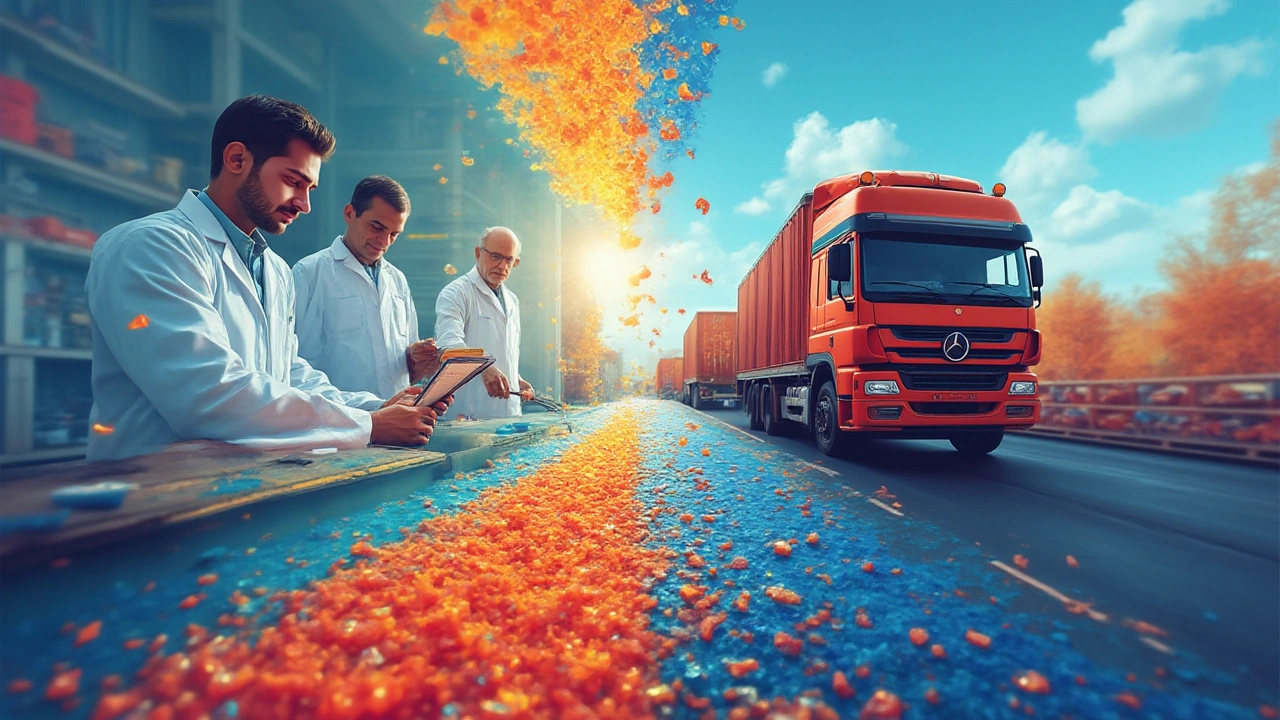
Finding the Right Partner for Your Plastic Needs
So, which company is really "the best" for plastic? It depends—on what you’re making, how much you need, and whether you care more about cost, quality, or green credentials. For a global, well-known brand with all the bells and whistles, best plastic company contenders are Dow, BASF, SABIC, and LyondellBasell. If scale matters, or you’re supplying to big industries like auto or construction, these are the suppliers to beat.
But maybe you’re a startup making eco-friendly packaging, lab equipment, or designer furniture. You might get more value from a specialist, like NatureWorks (for compostable plastics), or Celanese and Covestro for tough, customizable resins. Indian and Chinese firms are worth a look if you need volume and value without sacrificing much quality—Reliance, Supreme, and Sinopec are the names to watch in Asia.
Here’s a practical tip if you’re shopping for suppliers: always request samples and detailed technical datasheets. Look for mechanical properties (like tensile strength and impact resistance), certifications, and real-world test results. If a company won’t provide these, run the other way.
Another smart move is to visit the supplier’s production site, even virtually. ISCC PLUS and UL environmental standards are strong indicators that a manufacturer is serious about quality and the environment. Many of the best plastic companies now host virtual plant tours and make audit results public for buyers—it’s a real trust builder.
Stay up-to-date with plastic market trends. About 15% of all plastics globally are now made with recycled or bio-based content—a number projected to double by 2030. Brands that can show responsibility and transparency about their sources win both customers and regulatory approval. For India, local government programs are even offering grants and incentives for companies that switch to recycled plastic; Reliance and Supreme have snapped these up to boost their eco-credentials and market reach.
If you’re still unsure, speak with an industry consultant or trade group—groups like Plastindia Foundation or the Plastics Industry Association (USA) have directories of vetted, reliable suppliers and up-to-date compliance news.
My spouse, Aarav, often jokes that everything in our house could have its own “plastic origin story”—from the recycled lamp shades to the food storage containers made with plant-based resin. The point? It’s easy to overlook the companies making all of this possible. But when you care about quality, environment, or business reputation, picking the right plastic supplier is a decision that sticks with you—literally and metaphorically—for years.
In the end, Dow, SABIC, BASF, and LyondellBasell remain top choices for mass-market, reliable supply. Yet, don’t underestimate the power of specialized and local players, especially if your needs are unique or you want to make a mark with sustainable solutions. Whether you’re building the next viral kitchen gadget or need parts for spaceships (seriously, modern rockets are full of plastics), the right partner is out there—you just need to know what to look for.

